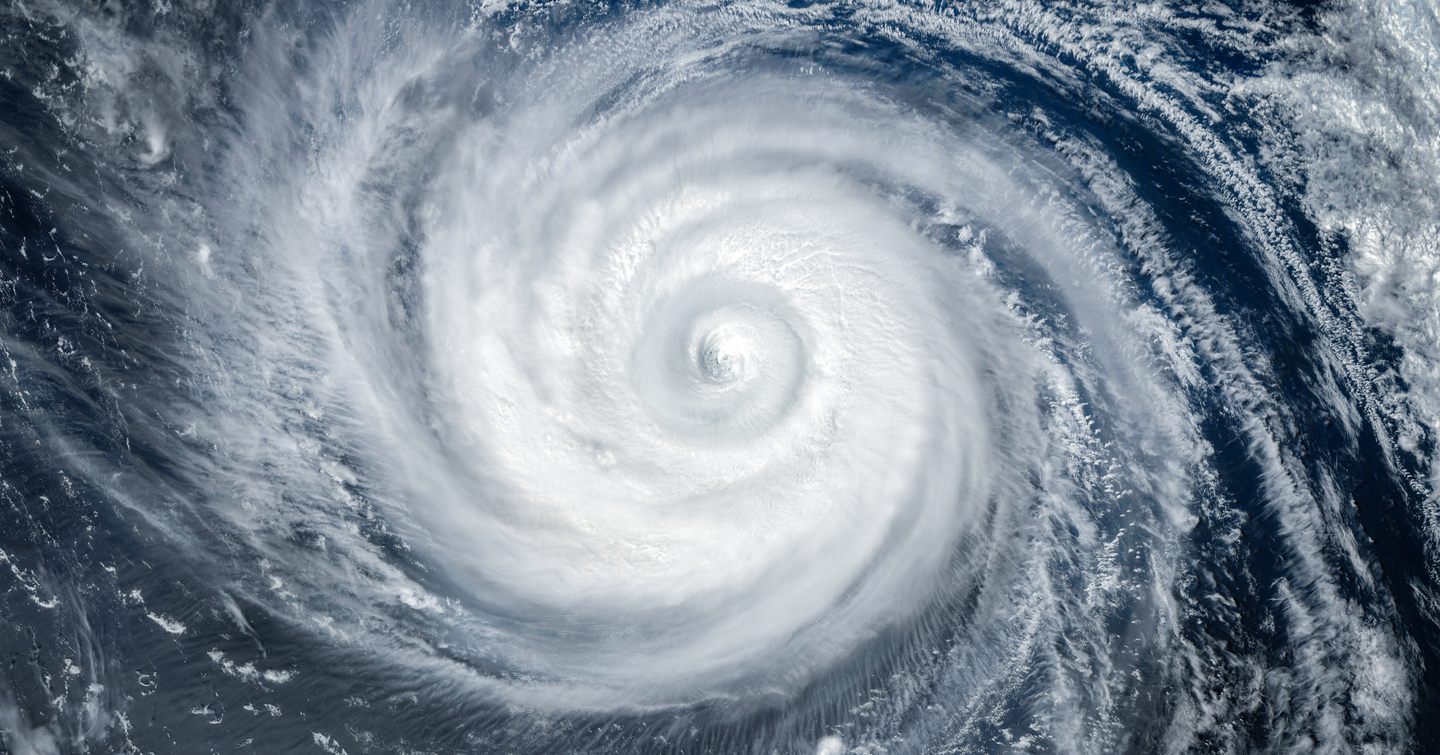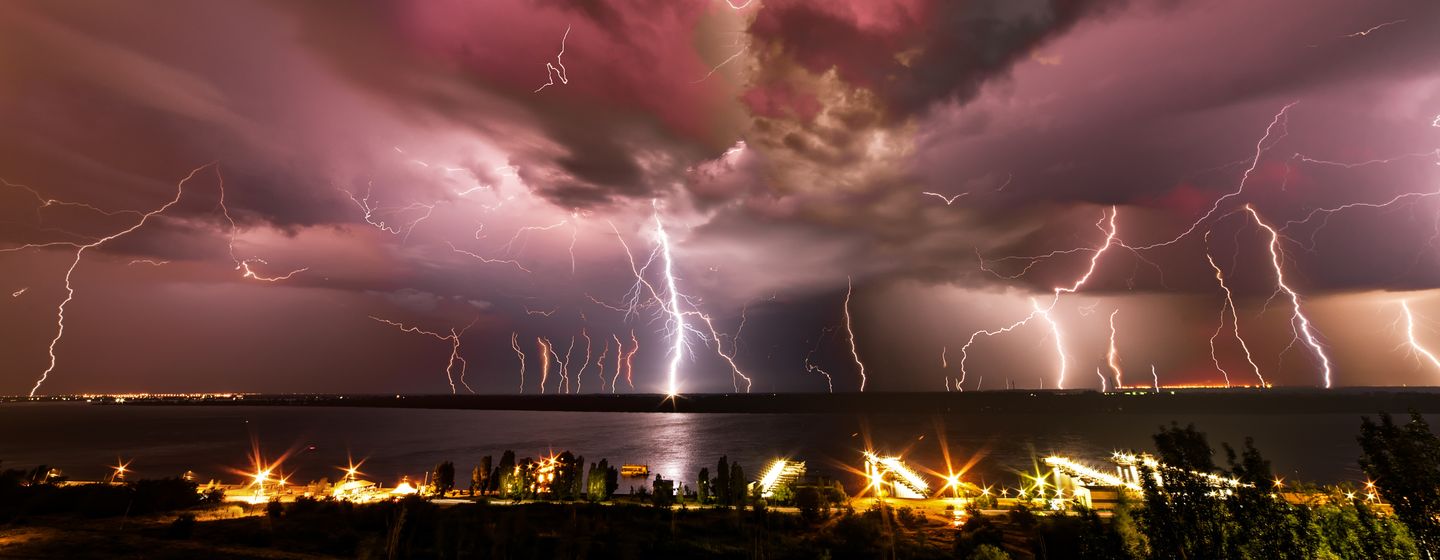For an event or circumstance to qualify as force majeure, it must be unforeseeable.
Including a force majeure clause in a yacht sales contract safeguards both buyers and sellers from disruptions or delays in transactions caused by such unforeseen events.
What is Force Majeure?
The concept of "force majeure" originated in French civil law as part of the Napoleonic Code. The term itself is derived from French and means "superior force," encompassing events beyond the control of either party, such as natural disasters like fires, storms, and floods, as well as governmental or societal actions such as war, invasion, or civil unrest.



In simple terms, it's a clause in a yacht sales contract that provides guidelines if the agreement cannot proceed as planned, due to circumstances that neither the seller nor the buyer could control or be responsible for.
The Requirement of a Force Majeure Clause
In yacht sales, this clause protects both the yacht buyer and the yacht's seller against events that could disrupt or delay the transaction, affecting delivery schedules or payment terms.
In the realm of yacht sales contracts, the term holds significant weight, often appearing as a crucial clause. This legal concept acknowledges unforeseen circumstances that may prevent the fulfillment of contractual obligations.

For yacht buyers, force majeure clauses offer assurance that they won't be penalized if unforeseen events delay the completion of their purchase. Conversely, sellers are shielded from liability if factors outside their control affect their ability to deliver the yacht as agreed.
Given the international nature of yacht transactions, force majeure clauses help navigate potential legal complexities arising from differing laws and regulations across jurisdictions.
Global Pandemic: Recent Lessons Learned
The global emergency of the coronavirus pandemic prompted many legal experts to revisit the concept of force majeure. As a result, the clause in many contracts has been amended to allow parties to terminate the contract if delays caused by the force majeure event exceed 30 days.
This provides an end date for the non-faulting party, ensuring that delays cannot continue indefinitely.


Importantly, these recent changes often require the party intending to rely on the force majeure provision to notify the other party within two days of the triggering event.
This process is familiar to shipyards from similar provisions in build contracts.
What Force Majeure Doesn't Cover
Force Majeure does not cover:
(a) financial distress or the inability of either party to make a profit or avoid a financial loss,
(b) changes in market prices or conditions, or
(c) either party's financial inability to perform its obligations.
The above is within the control or responsibility of either party and does not constitute a force majeure, which is often colloquially referred to as an 'act of God'.
No Force Majeure Clause? Here's What Can Happen
If a yacht sales contract does not have a force majeure clause, the parties involved may face significant challenges if unforeseen events disrupt their obligations. Without this clause, there is no predefined legal framework to excuse or mitigate delays or failures in performance due to events beyond their control.
As a result, the yacht buyer and the yacht seller may have to rely on other legal doctrines, like frustration of purpose or impossibility, which can be more difficult to prove and less predictable.
- Frustration of Purpose: This occurs when an unforeseen event undermines the principal purpose of the contract, making it meaningless for one party. For instance, a yacht is bought to enter a specific race, as stated in the contract. Due to unforeseen political unrest, the race is canceled. The primary purpose of the purchase is void, allowing the yacht buyer to claim frustration of purpose to void the contract.
- Impossibility: This happens when it becomes objectively impossible for one party to perform their contractual obligations due to unforeseen events. For example, if a yacht is destroyed in a storm before it can be delivered, fulfilling the contract becomes impossible.
This lack of protection can lead to disputes, potential financial losses, and increased legal costs as each party may be held to their original obligations despite circumstances that make fulfilling the contract impractical or impossible.
Yacht Sales: Essential Contractual Protection
It is generally advisable to include a force majeure clause in a yacht sales contract.
This clause helps to clarify how such events will be handled, including whether obligations can be suspended or terminated without penalties if the situation warrants.





